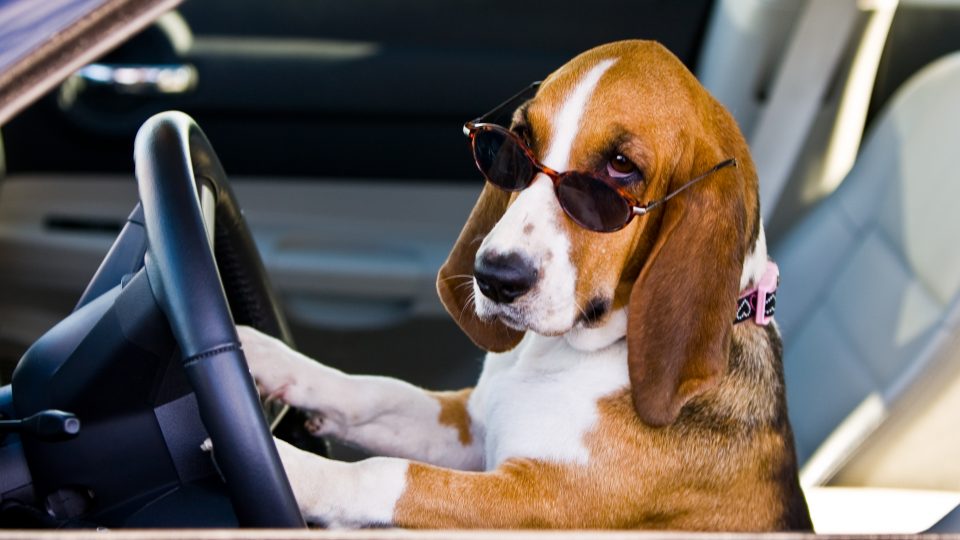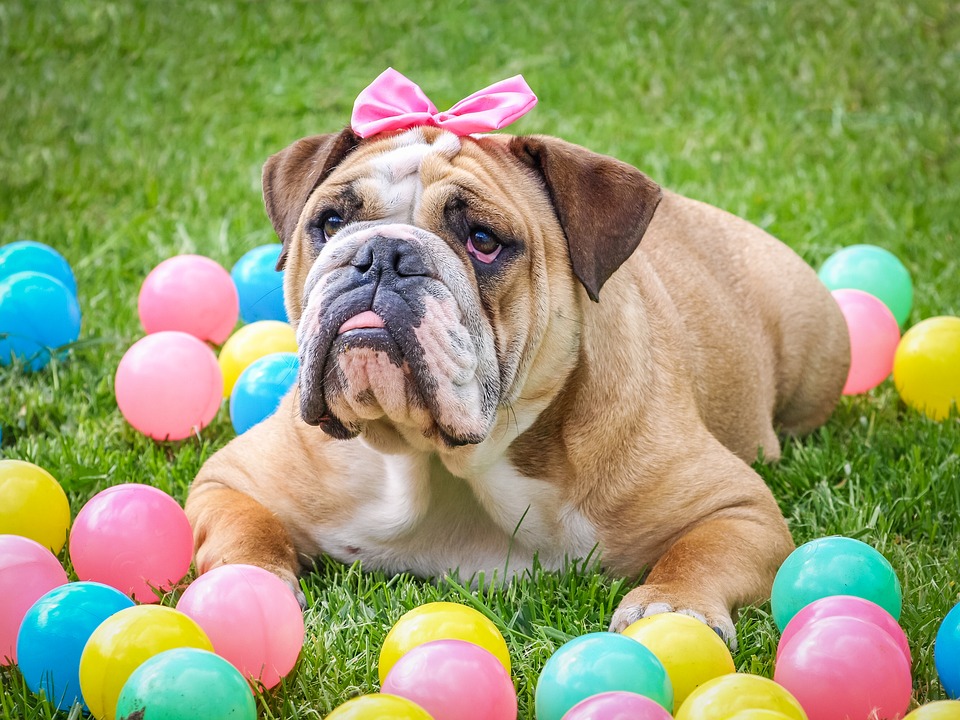Welcoming a dog into your life is one of the greatest joys on earth. But with great joy comes great responsibility, especially if you’re looking to adopt a puppy. Deciding which dog is a good fit for you is a daunting task, and shouldn’t be based on looks alone. The following breeds are known for their easygoing personalities and, often, trainability. In addition to a reputable breeder, you can also adopt from breed-specific rescue groups or find wonderful mixes at shelters.
1. Golden Retriever
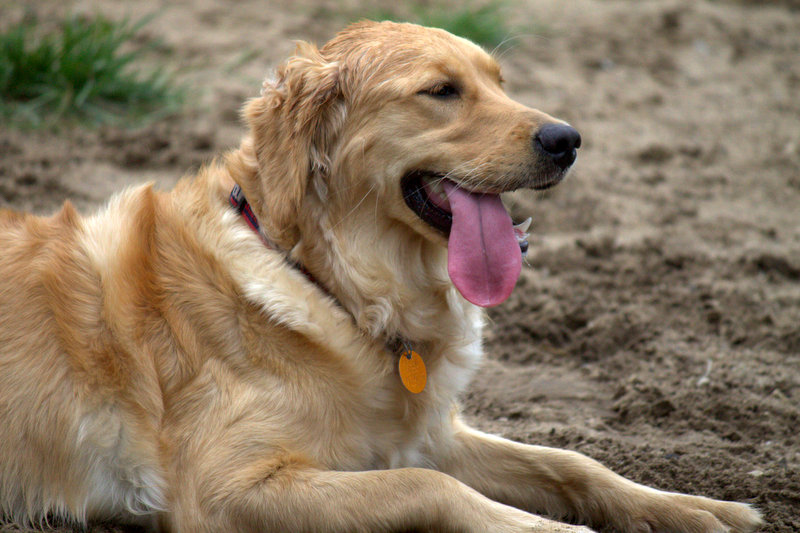
Flickr/ Sarah Peoples
Golden Retrievers are one of the most popular dog breeds in the UK, and it’s no secret why! They’re adorable, affectionate, and eager to please. Their personality and intelligence make them easy to train and even easier to love. Golden retriever owners have a reputation for being absolutely obsessed with their dogs. Just look up #golden on Instagram for proof.
2. Papillon
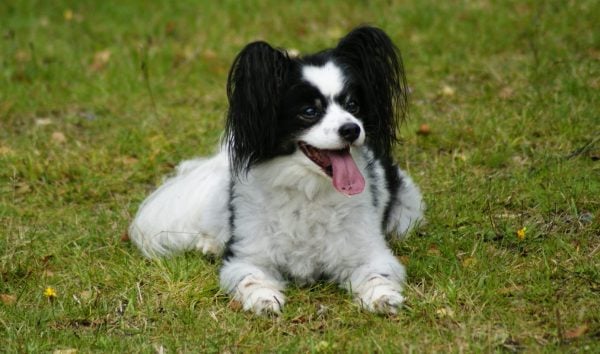
Flickr/ Tatu234
Papillons have a high chill factor for such a small dog. As the number one toy breed in obedience competitions, they’re known for being highly trainable. Although their coats are quite fluffy, they’re actually easy to maintain and don’t moult very much. Papillons love children and live well into their teens, making them a great addition for families with young kids.
3. English Bulldog
Bulldogs are some of the laziest and kindest dogs you’ll ever meet. As an extremely loyal dog, there is nothing a Bulldog loves more than their person… well, except maybe sleeping. Bulldogs are a great companion for anyone looking for a lounge-around-the-house buddy.
4. Poodle

Flickr/ David Preston
Poodles are the teacher’s pets of the dog world. They’re highly intelligent, eager to please, and fast learners. As a non-shedding breed, they’re a great choice for anyone with fur allergies. Poodles can sometimes be associated with stoic behaviour due to their ever-growing list of best-in-show achievements in dog show rings, but most of the time, they’re playful and affectionate.
5. Labrador Retriever

Flickr/ samukee
Labrador Retrievers are known for their loyalty. Their sweet, easygoing nature made them the most popular breed in the UK for 27 years running. In chocolate, black, and golden varieties, they make a steadfast family pet. Labs have a lot of energy, so be sure to make time in your schedule for plenty of play.
6. Basset Hound

Flickr/ JackBenas
Originally bred as pack dogs for hunting, basset hounds all share a natural sense of loyalty. They enjoy spending time with their family members, including other pets. Bassets are generally well-mannered and relaxed. They do need regular exercise in order to avoid obesity, but around the house, they’re happy to just lounge. They make a great companion if you can handle the drool!
7. Bichon Frise
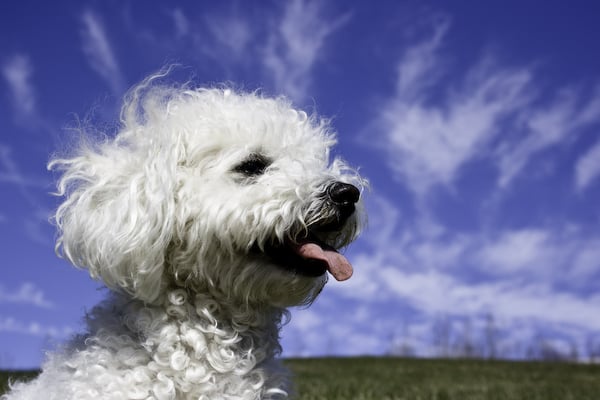
Flickr/ thoradum
Cute and smart?! Yep, Bichons are the total package. They’re hypoallergenic and generally quiet. Bichons love attention and can act sassy to get it. They’re not afraid to let you know when they need to eat or go to the bathroom. Their portable size and good-natured disposition make a Bichon the perfect city dog.
8. Shih Tzu
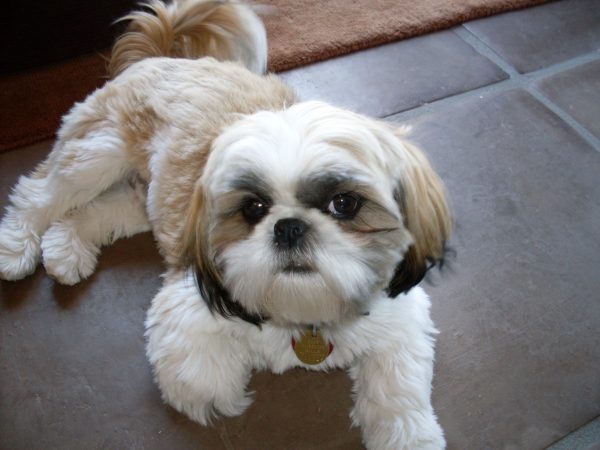
Flickr/ Robert Nunnally
Shih Tzus are another small breed with a big heart. They were originally bred to be a friendly companion to Chinese royalty. Naturally, they don’t usually exhibit any sort of aggression, because they don’t have any hunting or herding instincts. Their tiny size and friendly demeanour make them adaptable to almost any living situation.
9. Pug

Flickr/ tjortenzi2012
We all know that person who is just obsessed with their pug. This is another breed that has a huge following in pop culture and on Instagram. And for good reason! Pugs have loads of personality. They love to show off and gain the affection of everyone around them. At home, they’re the perfect lap dog and shouldn’t be overexerted because they unfortunately find it difficult to breathe. If the idea of organised play dates with Pug-enthusiasts appeals to you, then you might be a Pug person.
10. Vizsla

Flickr/ Roman Boed
Vizslas are great first-time dogs for active dog owners. If you enjoy running or hiking, a Vizsla might be the one for you. Along with lots of exercise, they also enjoy spending time with other dogs, and would probably be over the moon if you decided to add another dog to your brood later on. Vizsla’s are not only affectionate towards other dogs, they also love their human counterparts and are docile with other animals, such as cats.
Always do your research before adopting a dog to make sure that their habits will mesh well with your lifestyle. Don’t forget that there are a lot of mixed breeds in shelters that need love, too. The most important characteristic in any dog is their bond with you. And when you do find your perfect furry friend Rover.com has lots of fantastic dog sitters across the UK who can look after them when you can’t be around.
